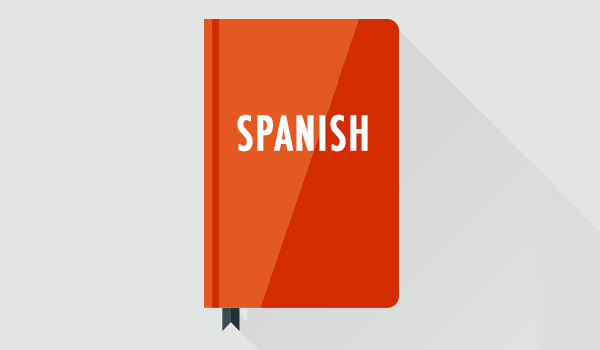Coming prepared with the language
- Vivir en Madrid
- Before you arrive
- Coming prepared with the language

Though you’ll find many practical and necessary phrases in any Spanish language handbook, we’ve put together a list of 10 phrases used all the time by Spaniards and which, if used, will make you seem just a little bit more Spanish:
- Greeting people with “¡Qué tal!” (how’s it going?) is more natural than using the formal expression “Cómo estás?” (how are you?).
- Saying goodbye with “¡Hasta luego!” (see you later) sounds chirpier than a distant “Adiós” (goodbye).
- “Tomarse algo”, literally “to have something”, is more widely used than “Beber una cerveza” (to have a beer) or “Salir a beber” (to go out for a drink). By the way, you can also use the word “birra” to say ‘beer’ instead of “cerveza”.
- We generally use “Salir de marcha”, (to go out) more than “fiesta” (party).
- “Ponerse las pilas” is used to say that we’re catching up with something, especially when it’s something you have to do. We reckon you’ll be using it a lot during the exam period!
- “Echar una mano” (to lend a hand) simply means to help, for example in a workgroup with classmates. If they hear you say it, they’ll be grateful.
- We hope you don’t have to use “Dejar plantado” (to be stood up or to be dumped). We use it when we’re supposed to be meeting someone and they don’t turn up. It’s also said when your boyfriend/girlfriend leaves you.
- “Mola” (it’s cool) is simply used to say “me gusta” (I like it)
- “Flipar” is said when you’re surprised or amazed by something, in a good way. You can use it in the first person: “estoy flipando con esto o aquello”, literally “I am freaking out at this or at that”, but in a good way
- We use “Es coña” (it’s a joke) to express disbelief and to say that you don’t believe something or that you’re surprised.

